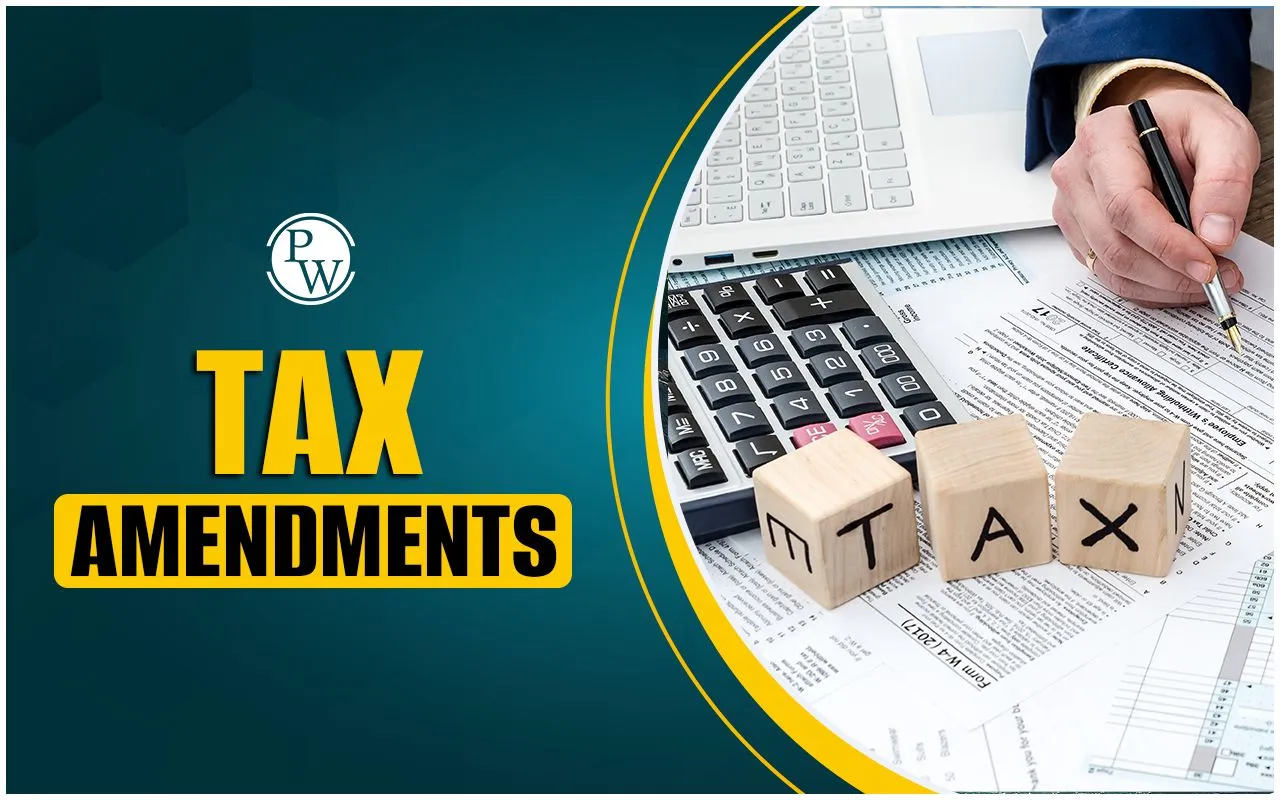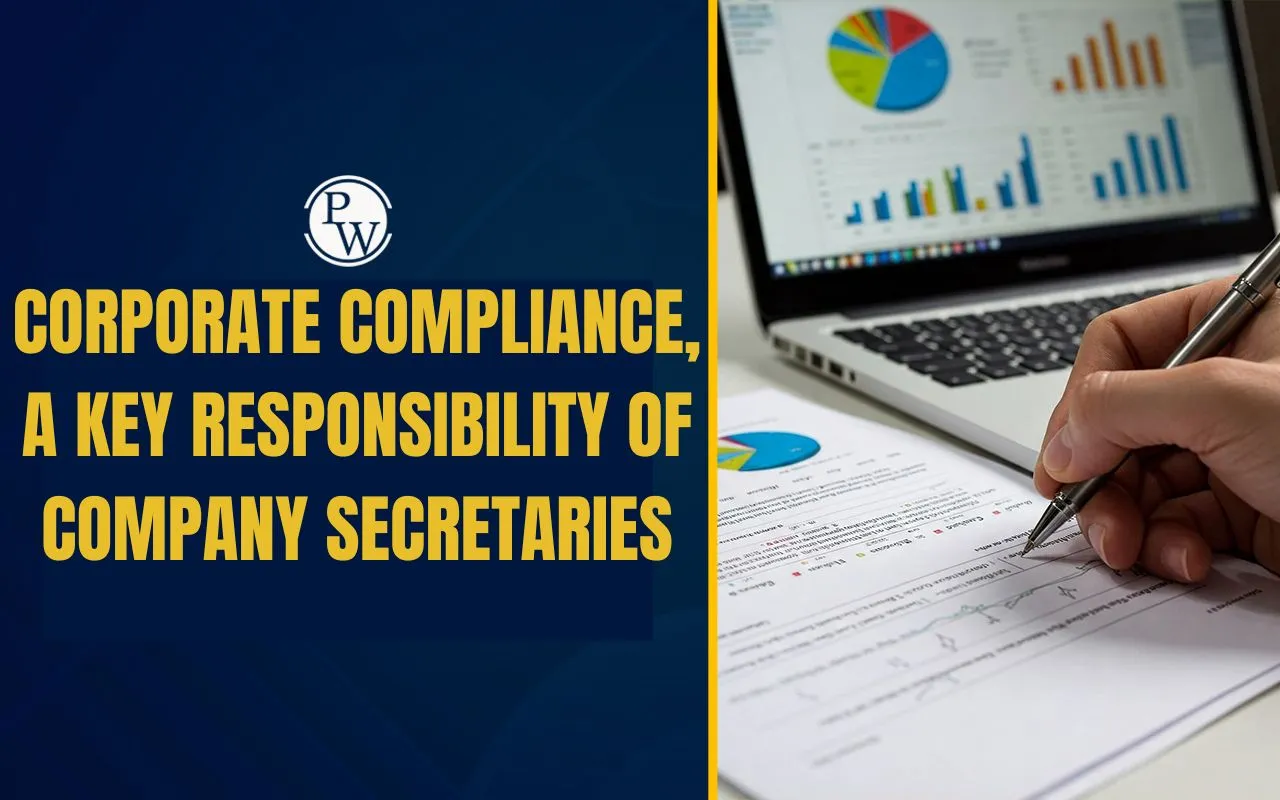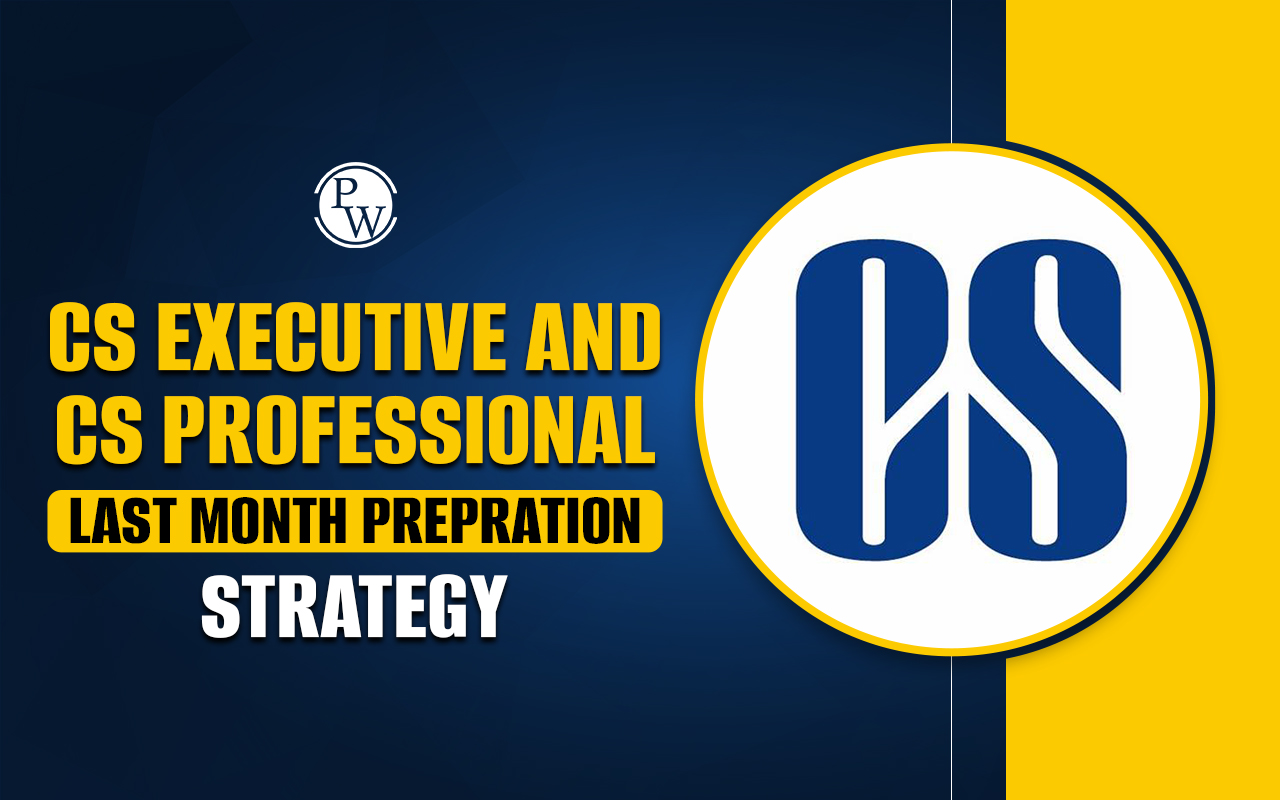

What is the 8th Pay Commission: The Pay Commission is a committee set up by the Government of India to review and recommend changes to the salary structure of government employees. These commissions are established approximately every 10 years to revise the pay scales of central government employees, ensuring that their salaries align with inflation and economic conditions. The 8th Pay Commission is expected to be implemented in 2026, bringing significant changes to salary structures.
Understanding the Need for the 8th Pay Commission
Government employees play a crucial role in the administration and functioning of the country. Over time, inflation erodes the purchasing power of salaries, making periodic revisions necessary. While private sector salaries increase based on market trends, government salaries remain stagnant until revised by a new pay commission.
Currently, government employees receive Dearness Allowance (DA) to compensate for inflation, which is revised periodically. However, DA alone is not sufficient to counteract inflationary pressures, making a full salary revision through a new pay commission essential.
Historical Perspective of Pay Commissions
The concept of pay commissions dates back to British India, with the first commission formed in 1946. Since then, several pay commissions have revised salary structures:
1st Pay Commission (1946): Introduced a structured pay scale for government employees.
2nd Pay Commission (1956): Recommended salary increments to ₹880.
3rd Pay Commission (1973): Further increased government employee salaries.
4th Pay Commission (1986): Revised salary structures to address inflation.
5th Pay Commission (1996): Introduced new benefits and allowances.
6th Pay Commission (2006): Increased salaries significantly and introduced grade pay.
7th Pay Commission (2016): Applied a fitment factor of 2.57, raising minimum salaries to ₹18,000.
Expected Salary Hike in the 8th Pay Commission
One of the biggest expectations from the 8th Pay Commission is a salary increase. The 7th Pay Commission applied a fitment factor of 2.57, meaning salaries increased by 2.57 times. Reports suggest that the 8th Pay Commission may introduce a fitment factor ranging from 2.86 to 2.90, leading to further salary hikes.
For example, if the fitment factor is set at 2.86, then the minimum basic salary of a government employee, currently at ₹18,000, would increase to around ₹51,480. However, it is important to note that Dearness Allowance (DA) will be reset to zero in the first year, as per past trends.
Changes Expected in the 8th Pay Commission
Below we’ve mentioned expected changes in the 8th pay commission:
Salary Revision:
The minimum salary for government employees may increase significantly.
A higher fitment factor may be introduced for better pay scales.
Dearness Allowance (DA) Adjustments:
DA will likely reset to zero initially and gradually increase over 10 years.
The DA percentage may be restructured based on economic conditions.
House Rent Allowance (HRA) Adjustments:
HRA, which varies based on city classification, may see an upward revision.
Pension Benefits:
Increased pensions for retired government employees.
Revised pension structures ensuring better financial stability for pensioners.
Performance-Based Incentives:
Introduction of incentives for better work efficiency.
Linking promotions and increments to performance parameters.
Impact of the 8th Pay Commission
Below we’ve mentioned the impact of the 8th pay commission:
On Government Employees:
Higher salaries will enhance purchasing power.
Better financial security for employees and pensioners.
On the Economy:
Increased government expenditure due to higher salaries.
Potential inflationary impact due to a rise in disposable income.
On Private Sector Salaries:
May influence salary trends in the private sector, leading to competitive pay structures.
The 8th Pay Commission is highly anticipated as it will play a crucial role in improving the salary structures of government employees. With inflation on the rise, this revision is essential to ensure that public sector employees receive fair compensation. While the exact recommendations will be known closer to 2026, expectations are high for a significant salary hike and improved benefits.
As we await official announcements, it is important for government employees and aspirants preparing for government exams to stay informed. The new pay commission will not only impact salaries but also shape the financial security of millions of employees and pensioners in the coming decade.
Join PW CS Online Courses and build a strong foundation in corporate laws and governance with structured learning and dedicated support.
8th Pay Commission FAQ
When will the 8th Pay Commission be implemented?
What changes can government employees expect from the 8th Pay Commission?
How will the 8th Pay Commission impact pensions?













